17 Jun2022
By AZEdNews
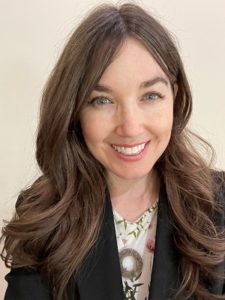 The Arizona Teacher Residency has accepted its first cohort of 30 future teachers, as well as the 30 supervising teachers who will be working with those teacher residents this next school year.
The Arizona Teacher Residency has accepted its first cohort of 30 future teachers, as well as the 30 supervising teachers who will be working with those teacher residents this next school year.
The Arizona Teacher Residency is a first-of-its-kind graduate program in Arizona modeled after medical residencies to help recruit, prepare, support and retain K-12 teachers, especially those with identities that have been underrepresented in the teaching population. The two-year program provides aspiring teachers with in-classroom experience, a living stipend, a master’s degree and a job at a partnering school district. Residents will receive mentoring and induction from a trained instructional mentor through the Arizona K12 Center in their second year with the support continuing into the third year.
17 Jun2022
By Allison Matthews

(Photo by Grace Cockrell)
A group of young people with Autism Spectrum Disorder who are interested in science, technology and related fields are getting a new chance to learn about physics and other topics as part of an innovative camp at Mississippi State, which may be the country’s first of its kind.
MSU Assistant Professor of Physics Ben Crider is using a prestigious $600,000 National Science Foundation 2019 Career Grant to advance his nuclear physics research, which includes a highly interactive summer experience for students with autism that was delayed due to COVID-19.
17 May2022
By Kaitlyn Brennan
This weekly Washington Update is intended to keep members informed on Capitol Hill activities impacting the educator preparation community. The views expressed in this post do not necessarily reflect the views of AACTE.
After 45 years, the Department of Education has announced plans to update Section 504 of the Rehabilitation Act of 1973. Stay tuned for opportunities to provide feedback to stakeholders on what you would like to see. Take a read for more information on that and more below.
Department of Education Announces Plan to Update Section 504 of the Rehabilitation Act of 1973
Last Friday, the U.S. Department of Education announced plans to update Section 504 of the Rehabilitation Act of 1973. The forthcoming changes will mark the first update to the regulations in 45 years. The Department’s Section 504 regulations were the first set of regulations issued by the federal government that addressed the treatment of people with disabilities through a civil rights framework, rather than through solely a medical or vocational framework. Section 504 prohibits discrimination on the basis of disability in public and private programs and activities that receive federal financial assistance, including schools and postsecondary institutions.
“While the world has undergone enormous changes since 1977, the Department’s Section 504 regulations have remained, with few exceptions, unaltered,” said Assistant Secretary for Civil Rights Catherine E. Lhamon. “As we observe the 45th anniversary of these important regulations this month, it is time to start the process of updating them. Just as in 1977, the voices of people with disabilities must be heard and incorporated as we engage in that work.”
21 Mar2022
By Hope Buckner
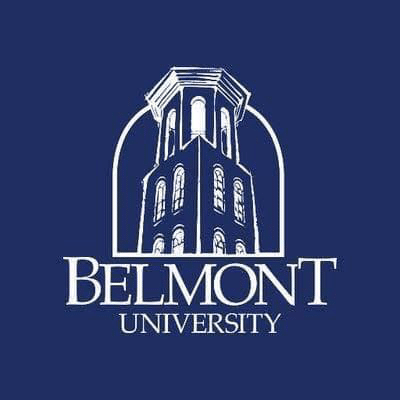 In partnership with the Tennessee Department of Education and local public school districts, Belmont University announced a new initiative to recruit, train and support the next generation of mathematics teachers in the Midstate region.
In partnership with the Tennessee Department of Education and local public school districts, Belmont University announced a new initiative to recruit, train and support the next generation of mathematics teachers in the Midstate region.
The newly established Belmont University Math Teacher Residency will leverage partnerships with area school systems — including in several rural communities — to enable high-quality potential candidates to become mathematics teachers in secondary schools across Middle Tennessee.
With $2 million in grant funding awarded to Belmont University through a competitive state grant process, the program will place each teacher candidate in an in-school “residency” — a paid educational position in a classroom where they will learn from and receive support from an experienced mentor teacher. Concurrently, candidates will enroll in high-quality, intensive online coursework at Belmont, deepening their content knowledge and learning effective pedagogical strategies. Belmont professors will work alongside candidates’ mentor teachers to ensure that instruction has immediate and meaningful classroom application.
18 Jan2022
By Jean Cook and Shanderia Minor
The MDE is using American Rescue Plan Elementary and Secondary School Emergency Relief (ESSER) funds to cover the grants.
The MTR will provide grants to the universities’ educator preparation programs to enroll diverse participants to work toward their graduate degree and Mississippi teacher certification. MTR will include training alongside a mentor teacher, testing support, professional development, ongoing assessment and a commitment to teach in a geographical critical shortage school or district serving low-income children, racial/ethnic minorities and children with disabilities disproportionately impacted by COVID-19.
14 Dec2021
By Caron Blanton
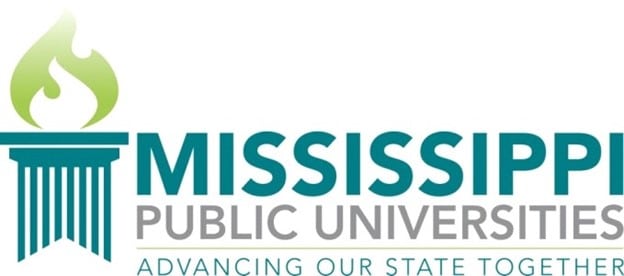
Mississippi Public Universities support the state’s children and K-12 schools across the state in numerous ways. In addition to preparing the teaching workforce through the education academic degree programs, the universities support teachers, students, and schools through outreach efforts ranging from a partnership school for middle school students located on a university campus to a clinic housed at a high school to help teens stay well so they can perform at their best in the classroom and beyond.
The Mississippi Excellence in Teaching Program (METP) is a collaboration between the University of Mississippi and Mississippi State University to attract top-performing students into the education profession with full financial support, travel abroad opportunities and invaluable professional incentives. METP aims to increase the import—and reduce the export—of talented educators to create a pipeline of new teachers committed to Mississippi’s future. All students who enter the program make a five-year commitment to teach in Mississippi after graduation. Funded by the Robert M. Hearin Support Foundation of Jackson, METP is designed to create a unique “honors college-style” learning experience for high-achieving education students and promote collaboration between students and faculty at both universities.
25 Oct2021
By Grady Wilburn and James Elias
The reading and mathematics scores of 13-year-old students fell between 2012 and 2020—the first time in the almost 50-year history of the National Assessment of Educational Progress (NAEP) long-term trend (LTT) assessment—according to results released today by the National Center for Education Statistics (NCES). The performance of 9-year-olds remained the same in both subjects compared to 2012.
In both age groups and subjects, the scores of lower-performing students declined since 2012, the previous assessment year, mirroring patterns observed in other subjects assessed by NAEP, also known as The Nation’s Report Card.
20 Jul2021
By Meenakshi Sharma

I recently had an incredible learning opportunity to be a part of the AACTE Simulations for Secondary Science Teachers conference. The goal for the convening was to introduce participants to the simulation design process and to support them to create a secondary science simulation scenario in smaller teams. Large group zoom meetings with almost 55 participants provided a valuable opportunity to listen, ask questions, and reflect on matters that concern science teacher preparation. The convening provided just the right amount of stimulation and sense of community that probably many of us were missing due to the recent pandemic. Until now, I saw myself as a user—employing simulations to help my teacher candidates understand and practice core teaching practices. However, being a part of the scenario development team afforded an insider or “behind the scenes’ perspective.” I was able to understand the complexities, affordance, and constraints of the simulation designing process.
11 Jun2021
By Shalander Samuels
AACTE Teacher Stories is a new series highlighting the experiences of K-12 educators who are attending or alumni of AACTE member institutions.
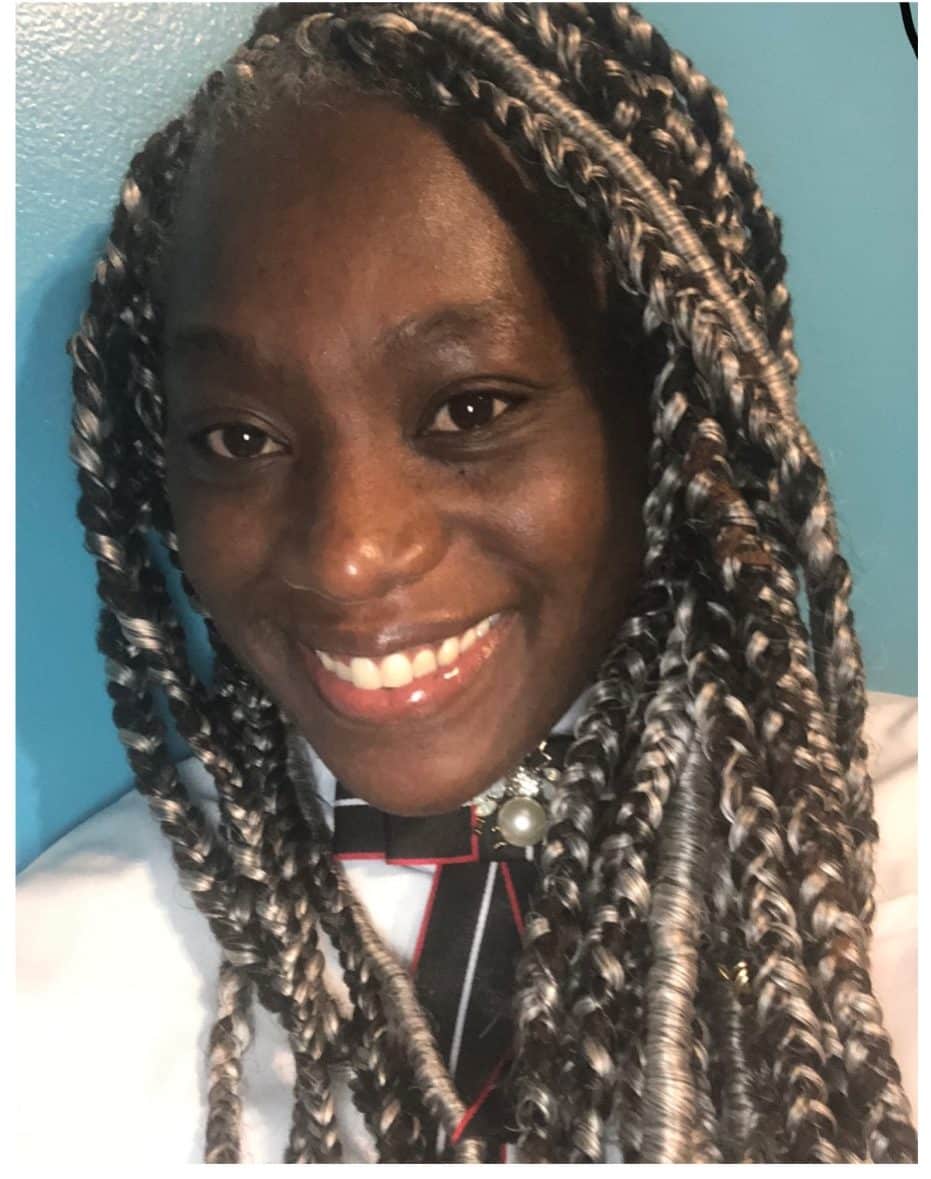 As an AACTE National Holmes Scholar who graduated from the University of Central Florida, I learned that to persevere I must overcome some fears regardless of how grand they might seem. After graduation, I opted to take the path of returning to the K-12 classroom as a teacher and reading specialist rather than transitioning to higher education. In the midst of COVID-19, I was uncertain and fearful, like many of my fellow teachers. The new school year highlighted my and others’ fears, forcing us to consider our roles as frontline workers in education. My English class read the text, What Fear Can Teach Us, a speech by Karen Thompson Walker. In her speech, Walker posits “We all know what it’s like to be afraid. We know how fear feels, but I’m not sure if we spend enough time thinking about what fear means.”
As an AACTE National Holmes Scholar who graduated from the University of Central Florida, I learned that to persevere I must overcome some fears regardless of how grand they might seem. After graduation, I opted to take the path of returning to the K-12 classroom as a teacher and reading specialist rather than transitioning to higher education. In the midst of COVID-19, I was uncertain and fearful, like many of my fellow teachers. The new school year highlighted my and others’ fears, forcing us to consider our roles as frontline workers in education. My English class read the text, What Fear Can Teach Us, a speech by Karen Thompson Walker. In her speech, Walker posits “We all know what it’s like to be afraid. We know how fear feels, but I’m not sure if we spend enough time thinking about what fear means.”
01 Jun2021
By Jane E. West and Kaitlyn Brennan
 This blog post is written by AACTE consultant Jane West and is intended to provide updated information. The views expressed in this post do not necessarily reflect the views of AACTE.
This blog post is written by AACTE consultant Jane West and is intended to provide updated information. The views expressed in this post do not necessarily reflect the views of AACTE.
Biden- Harris Administration Unveils Massive Budget with Historic Investments in Education
On the Friday before the long-awaited Memorial Day holiday, just as Members of Congress were headed home and the rest of us were finalizing our plans for the long weekend, the White House unveiled the complete version of the Biden-Harris Administration’s full budget proposal for FY 2022.
The budget proposal calls for $102.8 billion for the Department of Education—a $29.8 billion or 41% increase to the Department’s current spending levels. This increase in funding would be the largest increase the Department has seen since its inception in 1979.
21 May2021
By Laurie Henry
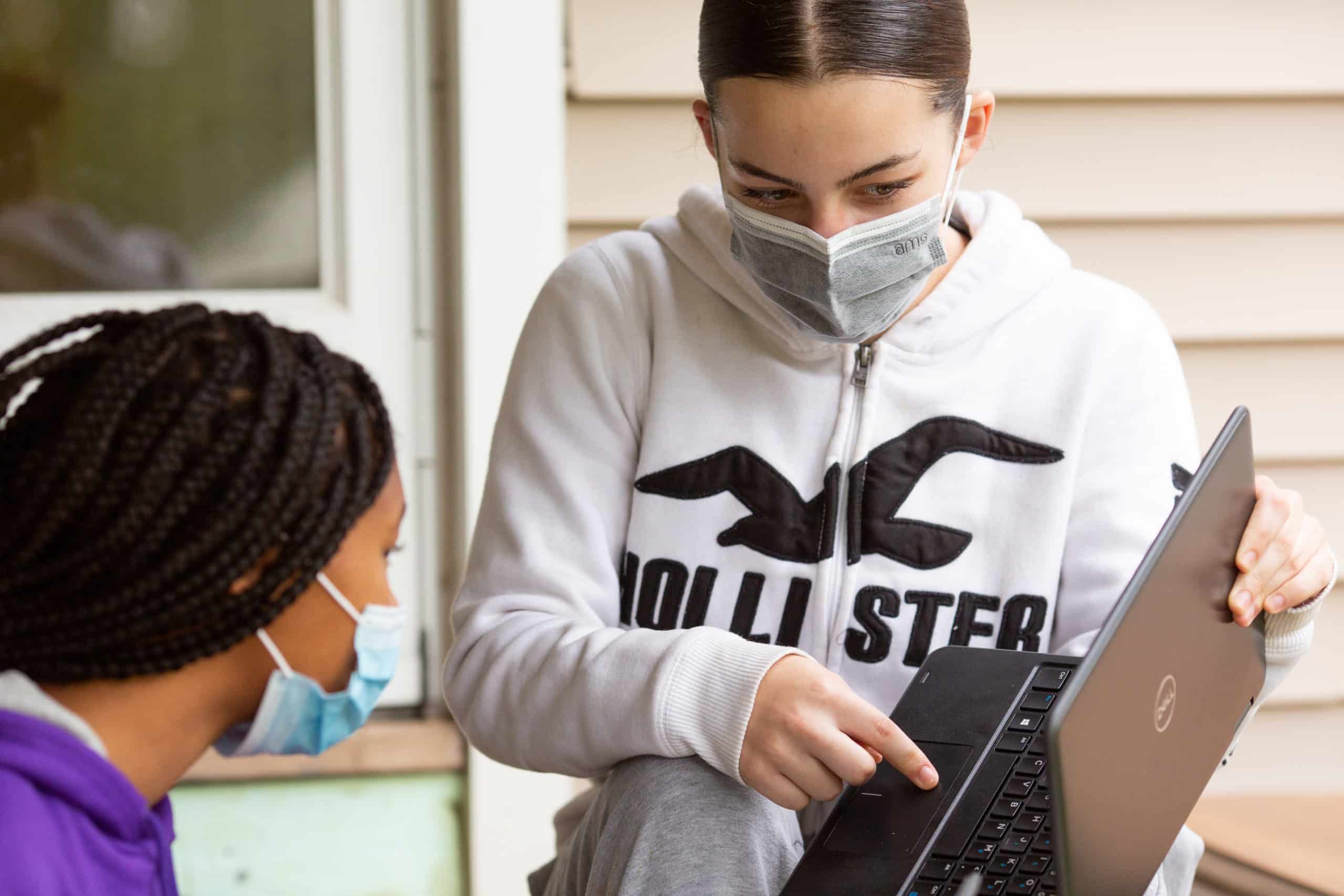
Photo by Allison Shelley for EDUimages
This thought leadership article is written by an AACTE member. The views expressed in this post do not necessarily reflect the views of AACTE.
The COVID-19 pandemic has set back learning for millions of students and exacerbated existing educational inequalities countrywide. A recent study by McKinsey Analysis found that Black, Latinx and lower-income students are less likely to have access to high-quality remote learning, resulting in their falling further behind and expanding the achievement gap by 15% to 20%. To help these students overcome pandemic learning loss, the Partnering Aspiring Teachers with High-Need Schools (PATHS) to Tutor Act was introduced on February 25 by a bipartisan group, including Senators Cory Booker (D-NJ), John Cornyn (R-TX), Chris Murphy (D-CT), and Susan Collins (R-ME).
03 May2021
By Ann Marie Wernick

Teacher candidates benefit from exposure to a range of diverse clinical experiences. Often, the clinical placements teacher candidates experience during their preparation program are limited and do not encompass the variety of settings they will encounter during their careers. While simulations are not a substitute for in-person clinical practice, well-crafted simulations can:
- expose teacher candidates to student populations that are more diverse in terms of learning needs and socio-cultural experiences than they may encounter in their clinical placement
- allow candidates to practice pedagogical approaches that they do not have the opportunity to employ in their clinical placements and to receive immediate feedback on their professional practice
- offer the opportunity to teach courses and/or categories of content beyond the scope of their clinical placements
26 Apr2021
By Ann Marie Wernick

AACTE has extended the deadline for interested participants to apply to attend the Simulations for Secondary Science Teacher Conference. The extended deadline is May 5, 2021 at 11:59 p.m. EST.
In partnership with the National Science Foundation (NSF), AACTE will convene the Simulations for Secondary Science Teachers Conference, June 8-10, 2021, to address the critical need for well-qualified science educators who can teach effectively in a variety of face-to-face and virtual school settings and meet the needs of diverse learners. AACTE received funding from the NSF Discovery Research PreK-12 grant to virtually convene members and strategic partners to advance the use of simulation in science education teacher preparation.
The purpose of this conference is to convene experts across the country to
- identify significant gaps in the clinical preparation of science educators;
- ideate on virtual environments that help address those gaps; and
- develop scenarios through design thinking for EPPs to implement within their programs.
20 Apr2021
By Ann Marie Wernick
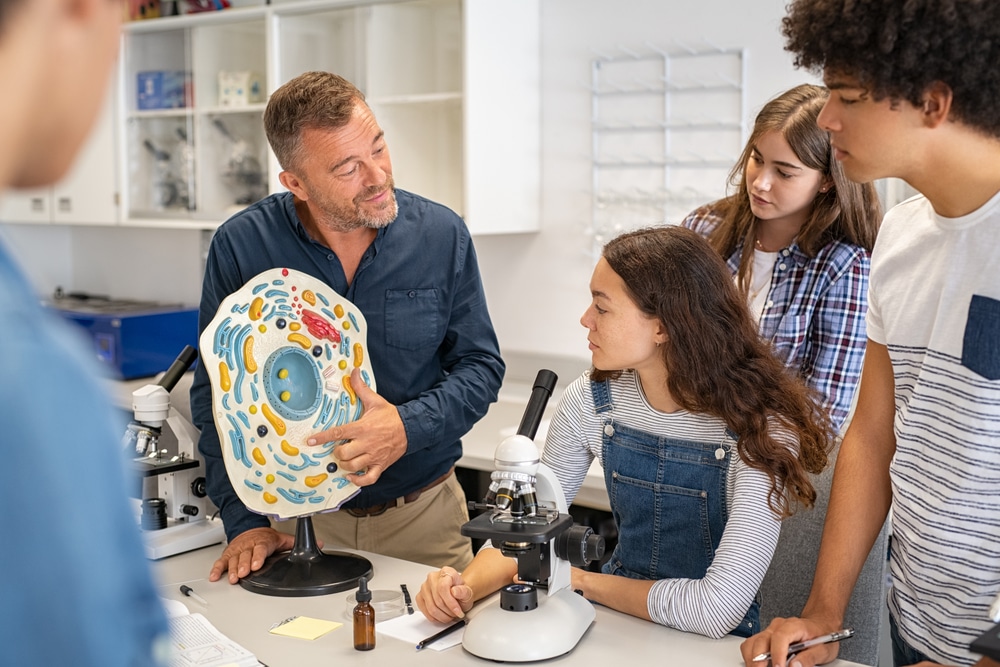
AACTE is excited to announce the call for applications for the Conference to Design Simulations that Enhance the Clinical Preparation of Secondary Science Teachers. Funded by the National Science Foundation (NSF) Discovery Research PreK-12 convening grant, the purpose of this conference is to convene experts across the country to (1) identify significant gaps in the clinical preparation of science educators (2) ideate on virtual environments that help address those gaps, and (3) develop scenarios through design thinking for EPPs to implement within their programs.
The conference attendees will be comprised of current high school science teachers, current science teacher candidates, experts in science education, experts in the use of simulation in educator preparation, experts in culturally responsive teaching practices in the sciences, experts in the Next Generation Science Standards, simulation specialists and representatives from partner organizations. Participants must commit to attending three days of the virtual conference (June 8, 9, and 10) along with three monthly (July, August and September) virtual meetings following the conference.
22 Feb2021
By Laura Geringer and Jacqueline Rodriguez
 CoSN, the national association of school district technology leaders, recently released two reports, Driving K-12 Innovation: 2021 Hurdles + Accelerators and Driving K-12 Innovation: 2021 Tech Enablers. The Driving K-12 Innovation reports capture the top nine topics (challenges, mega-trends, and tools), according to an advisory board of approximately 100 school leaders, technologists, educators, and changemakers. AACTE was proud to serve on the advisory board that supported the development of the report for the second year in a row.
CoSN, the national association of school district technology leaders, recently released two reports, Driving K-12 Innovation: 2021 Hurdles + Accelerators and Driving K-12 Innovation: 2021 Tech Enablers. The Driving K-12 Innovation reports capture the top nine topics (challenges, mega-trends, and tools), according to an advisory board of approximately 100 school leaders, technologists, educators, and changemakers. AACTE was proud to serve on the advisory board that supported the development of the report for the second year in a row.
Through the Driving K-12 Innovation series, CoSN continues its commitment to sharing high-quality trend reports that support the use of emerging technology in K-12 education to transform learning. In this initiative, a global advisory board of K-12 leaders, practitioners, and changemakers engages in discourse about the major themes driving, hindering, and enabling teaching and learning innovation at schools. Their work is divided into three steps: an initial survey to select the topics for discussion; discussion; and a concluding survey to capture the final thoughts from advisory board members and discern the top topics to feature in each publication. (Learn more at cosn.org/k12innovation.)
 The Arizona Teacher Residency has accepted its first cohort of 30 future teachers, as well as the 30 supervising teachers who will be working with those teacher residents this next school year.
The Arizona Teacher Residency has accepted its first cohort of 30 future teachers, as well as the 30 supervising teachers who will be working with those teacher residents this next school year.







 In partnership with the Tennessee Department of Education and local public school districts, Belmont University announced a new initiative to recruit, train and support the next generation of mathematics teachers in the Midstate region.
In partnership with the Tennessee Department of Education and local public school districts, Belmont University announced a new initiative to recruit, train and support the next generation of mathematics teachers in the Midstate region.

 As an AACTE National Holmes Scholar who graduated from the University of Central Florida, I learned that to persevere I must overcome some fears regardless of how grand they might seem. After graduation, I opted to take the path of returning to the K-12 classroom as a teacher and reading specialist rather than transitioning to higher education. In the midst of COVID-19, I was uncertain and fearful, like many of my fellow teachers. The new school year highlighted my and others’ fears, forcing us to consider our roles as frontline workers in education. My English class read the text, What Fear Can Teach Us, a speech by Karen Thompson Walker. In her speech, Walker posits “We all know what it’s like to be afraid. We know how fear feels, but I’m not sure if we spend enough time thinking about what fear means.”
As an AACTE National Holmes Scholar who graduated from the University of Central Florida, I learned that to persevere I must overcome some fears regardless of how grand they might seem. After graduation, I opted to take the path of returning to the K-12 classroom as a teacher and reading specialist rather than transitioning to higher education. In the midst of COVID-19, I was uncertain and fearful, like many of my fellow teachers. The new school year highlighted my and others’ fears, forcing us to consider our roles as frontline workers in education. My English class read the text, What Fear Can Teach Us, a speech by Karen Thompson Walker. In her speech, Walker posits “We all know what it’s like to be afraid. We know how fear feels, but I’m not sure if we spend enough time thinking about what fear means.” This blog post is written by AACTE consultant Jane West and is intended to provide updated information. The views expressed in this post do not necessarily reflect the views of AACTE.
This blog post is written by AACTE consultant Jane West and is intended to provide updated information. The views expressed in this post do not necessarily reflect the views of AACTE. 


 CoSN, the national association of school district technology leaders, recently released two reports, Driving K-12 Innovation: 2021 Hurdles + Accelerators and Driving K-12 Innovation: 2021 Tech Enablers. The Driving K-12 Innovation reports capture the top nine topics (challenges, mega-trends, and tools), according to an advisory board of approximately 100 school leaders, technologists, educators, and changemakers. AACTE was proud to serve on the advisory board that supported the development of the report for the second year in a row.
CoSN, the national association of school district technology leaders, recently released two reports, Driving K-12 Innovation: 2021 Hurdles + Accelerators and Driving K-12 Innovation: 2021 Tech Enablers. The Driving K-12 Innovation reports capture the top nine topics (challenges, mega-trends, and tools), according to an advisory board of approximately 100 school leaders, technologists, educators, and changemakers. AACTE was proud to serve on the advisory board that supported the development of the report for the second year in a row.